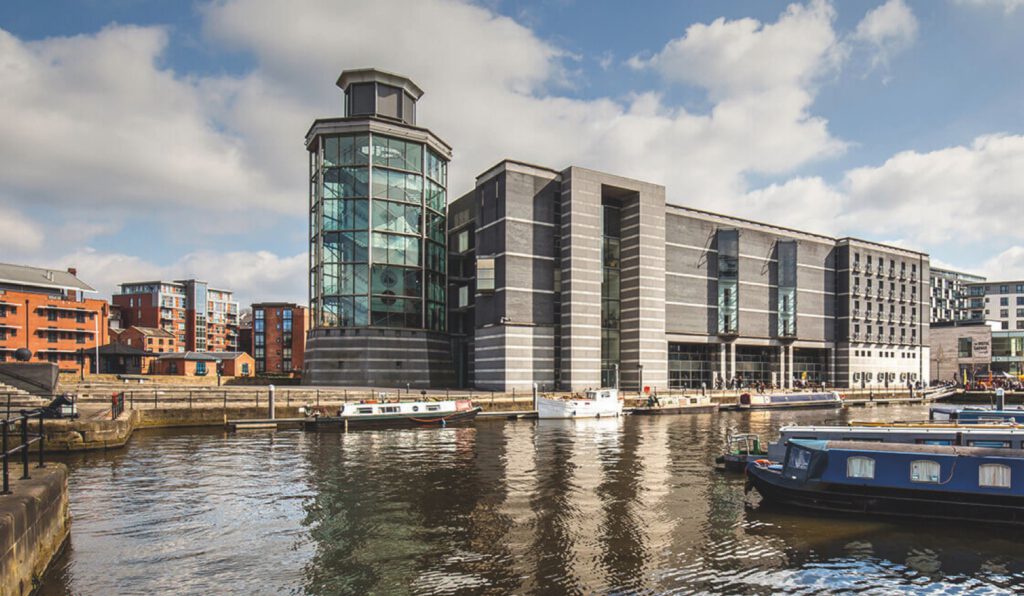Royal Armouries • 23 April 2024
Register#BEAPARTOFIT

Discover
Explore the very best hotels, venues, destinations and event suppliers from the UK and Europe.

Connect
Network with new connections from across the industry and meet up with colleagues and friends.

Inspire
Focus on your personal and professional development with our inspirational educational sessions.
A small selection of visitors who attended CHS Leeds 2023
Nicola Wilkinson, ArupHuge shout out to the organisers and panellists/speakers at CHS Leeds - you all did such an amazing job putting this altogether and making the event finely tuned, interactive and most of all captivating. Everyone I met was thoroughly enjoying themselves and it was amazing to meet other like-minded people as well as learning from the opposite. A truly great experience and I cannot wait until CHS Birmingham!
(Hosted Buyer)
Emily Morbey, Miss London ConciergeCHS Leeds is one of my favourite industry exhibitions to attend. Its really easy as a hosted buyer to book appointments but you are also not tied in to 12 or 15 daily appointments meaning you get to network with your venue connections on the floor without clock watching. A really well organised friendly show that is just the right size to allow people to really make new and valuable connections.
(Hosted Buyer)
Martin Ellis, Team UmbrellaI think you have just the right balance of suppliers, and the right size show. It felt busy without being too crowded. Also, the flexibility afforded by not having to fill a diary with appointments meant that I was able to explore stands that I wouldn't have known about.
(Hosted Buyer)
Mandy Jennings, Venues of ExcellenceCHS Leeds is always a great showcase for our organisation to meet with existing clients and agency partners in the North and we use this opportunity to invite our venue members to promote to this audience. We are always delighted to see our trusted partners and industry colleagues at this event. CHS offer a great platform for venues to exhibit at an excellent value for money fee and put huge effort into making sure clients and exhibitors all feel welcome and respected. Thank you for the efforts on the hosted buyer programme which helps us to plan organised appointments and complete research in advance.
(Exhibitor)














 Royal Armouries
Royal Armouries